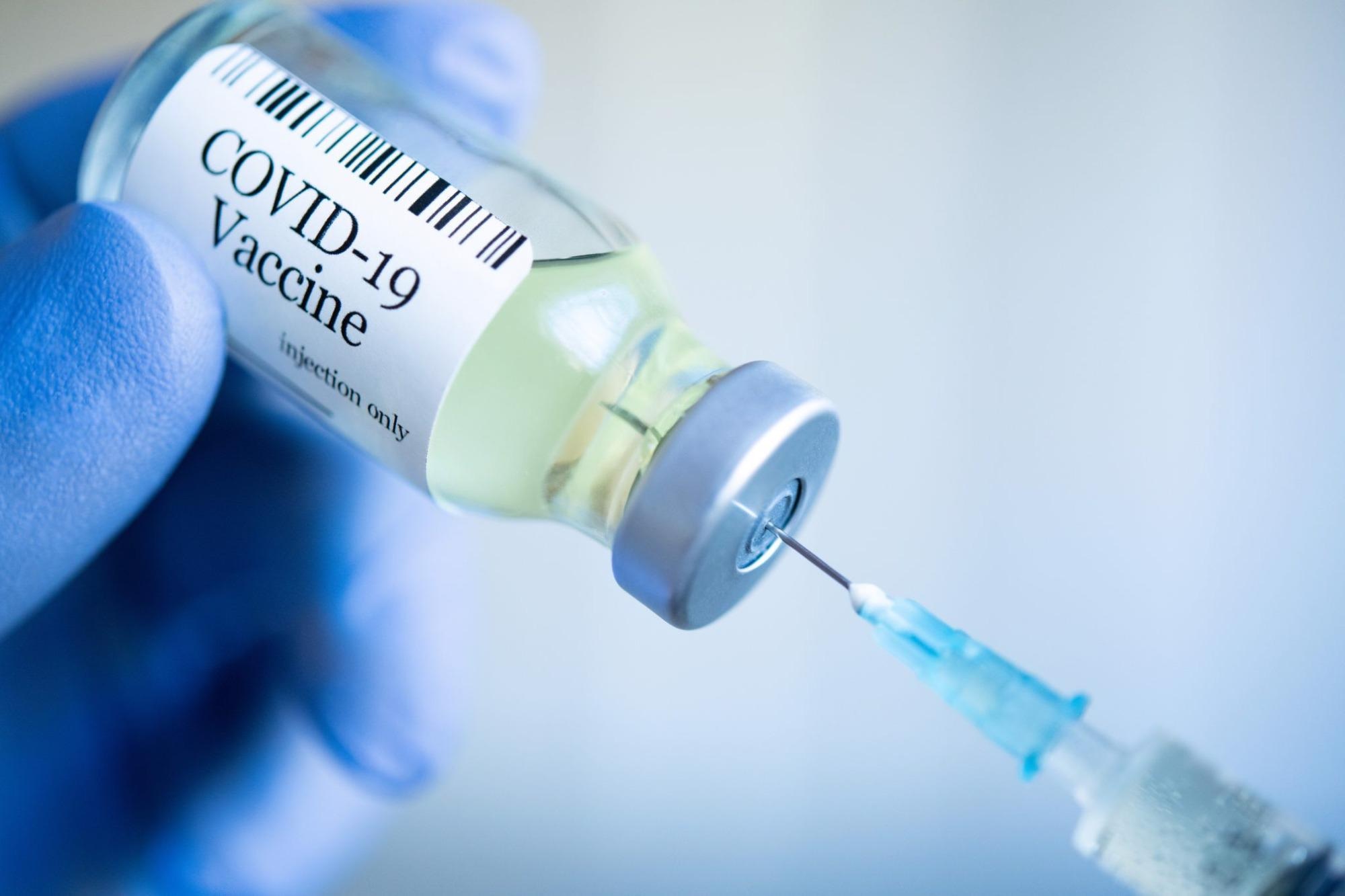
Image Credit: Georgia State University
Since 2019, the SARS-CoV-2 epidemic has caused more than six million deaths worldwide, posing a public health threat. The virus is quickly changing, as evidenced by the appearance of multiple significant variants.
As a result of its critical role and abundance of neutralizing epitopes, the spike protein (S) is the ideal target antigen for vaccine development against the virus. On the other hand, current vaccinations are limited in their ability to protect against distinct variations.
In this research, the immunological responses elicited by two proteins, the spike protein and its highly conserved stem subunit (S2), were investigated in mice. The findings, which were published in the journal Small, revealed that combining the two proteins into double-layered protein nanoparticles increases their immunogenicity.
The entire S protein has been used as the major antigen in vaccines against this ongoing pandemic.
Dr. Baozhong Wang, Study Senior Author and Distinguished University Professor, Institute For Biomedical Sciences, Georgia State University
“However, as the number of infections continues to rise, more and more variants have appeared and supplanted the ancestral virus. For this reason, the efficacy and protection of current vaccines are under constant threat and need continuous improvement,” Wang said.
“In contrast, the stem is more conserved and has fewer mutations across lineages. In addition, the stem could induce effective antibody neutralization and vigorous antibody-dependent cellular cytotoxicity (ADCC) activity against multiple variants of S protein. This work shows that the stabilized stem subunit could be a potential antigen for a SARS-CoV-2 universal vaccine against unpredictable variants,” Wang added.
Immunization with the stem elicited balanced Immunoglobulin G (IgG) antibodies with powerful and broad ADCC function, a form of immunological response in which infected cells are covered with antibodies that then engage specific types of white blood cells to destroy the infected cells, according to the research.
Furthermore, the stem and full-length spike protein double-layered protein nanoparticles generated more powerful ADCC and neutralizing antibodies than the stem and spike protein.
Nanoparticles also create stronger and more balanced serum IgG antibodies than the similar soluble protein mixture, and the immune responses last for at least four months following immunization, according to the researchers.
The double-layered protein nanoparticles have the ability to be transformed into broader SARS-CoV-2 vaccines, according to the study, since they generate a more balanced IgG isotype antibody, possess long-lasting immune function, and have outstanding safety features.
The stabilized, conserved S2 stem subunit demonstrated its potential as a universal SARS-CoV-2 vaccine candidate against unpredictable variants.
Dr. Yao Ma, Study First Author and Postdoctoral Research Fellow, Institute for Biomedical Sciences, Georgia State University
“Our double-layered protein nanoparticles incorporating the full-length spike protein and the S2 stem induced robust and long-term immune responses and exhibited a safety profile in our primary studies, providing an option for current SARS-CoV-2 vaccine development,” Dr. Ma stated.
Dr. Ma concludes, “The pandemic is far from over, and new variants continue to emerge and pose a massive threat to human health. Therefore, the updating of vaccines needs to keep pace with the times to avoid another pandemic with an unpredictable new variant.”
The National Institute of Allergy and Infectious Diseases (NIAID) of the National Institutes of Health (NIH) supported the research.
Journal Reference:
Ma, Y., et al. (2022) SARS-CoV-2 Spike Stem Protein Nanoparticles Elicited Broad ADCC and Robust Neutralization against Variants in Mice. Small. doi.org/10.1002/smll.202200836.